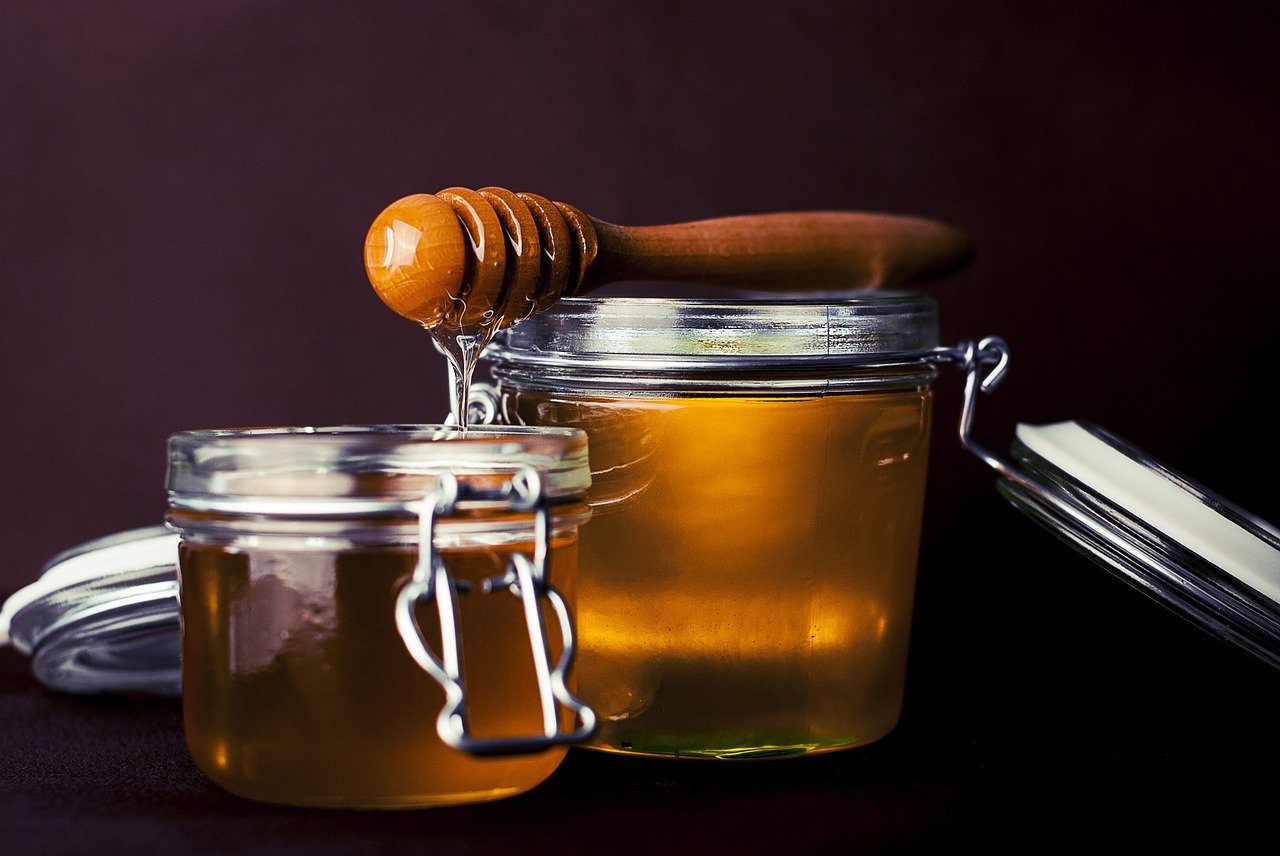As someone who lives in Minnesota there are times when I have to accept a runny nose, watery eyes, and scratchy throat as a part of regular life. In the “Land of 10,000 Lakes” it can get as cold as -60 degrees Fahrenheit in the winter but up to 100 in the summer, so there are always conditions that seem designed specifically to make human life feel uncomfortable. There are times when the only thing for the discomfort is to stay inside, but when it comes to struggling with allergies, I’m pleased to say there is more that you can do!
My own experience with seasonal allergies was, honestly, virtually non-existent until I was 25 and pregnant with my first child. It was December 2013, unseasonably warm in Minnesota, and I had a sore throat and runny nose that would not quit. After four weeks I finally went to the doctor, and after a barrage of tests she cheerfully told me that all that was wrong with me were allergies and that antihistamines were not safe to take during pregnancy. With that, she waltzed out of the room leaving me alone with my 30-week pregnant belly and a runny nose.
While I continued to suffer from my symptoms (and my pregnancy. I love my kids, but do not love being pregnant) I also began to read about what I could do to ease these symptoms because antihistamines continue to be ill advised if you are breastfeeding. The first thing I found on my journey were two randomized controlled trials about the benefits of local honey to treat allergy symptoms:
- Ingestion of honey improves the symptoms of allergic rhinitis: evidence from a randomized placebo-controlled trial in the East coast of Peninsular Malaysia
- Birch Pollen Honey for Birch Pollen Allergy – A Randomized Controlled Pilot Study
Both trials indicate that consuming local honey reduces allergy symptoms, and while I’m not a doctor, I’ve found that adding local honey into my diet has really helped! If you’re not sure where to find locally produced honey in your area, I’d recommend visiting Local Honey Finder.
In addition to honey, the other thing I’ve found to help alleviate allergy symptoms is somewhat counterintuitive. That is, spending more time outside year-round. When my colleague, Mohammad Zafar, told me that year-round running improved his seasonal allergies I thought he was bonkers. Why would you run in sub-zero temperatures!? But sure enough, I’ve found spending time outside (running or not) in all types of weather means that pollen heavy times of the year aren’t as hard because I’m exposing myself to allergens gradually rather than staying indoors until I think it’s warm enough to venture out.
I’d love to hear from you! What are some tools in your toolkit for dealing with seasonal allergies?
Our Her Nexx Chapter Community invites you to join us where women are connecting with each other’s stories, exploring different experiences, and transforming ideas.
The Future of Connection for Women
Follow us:







